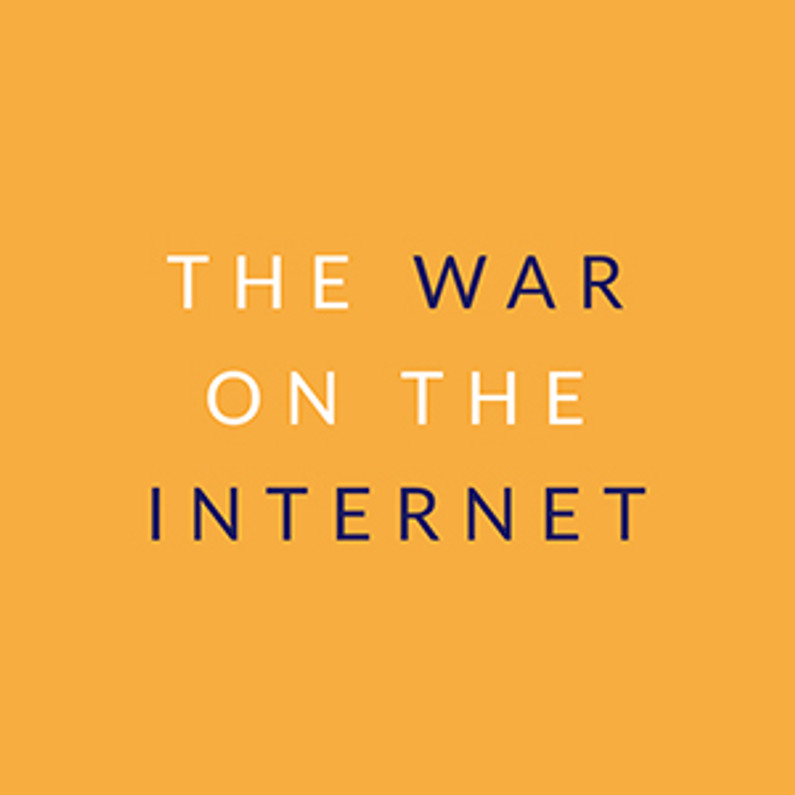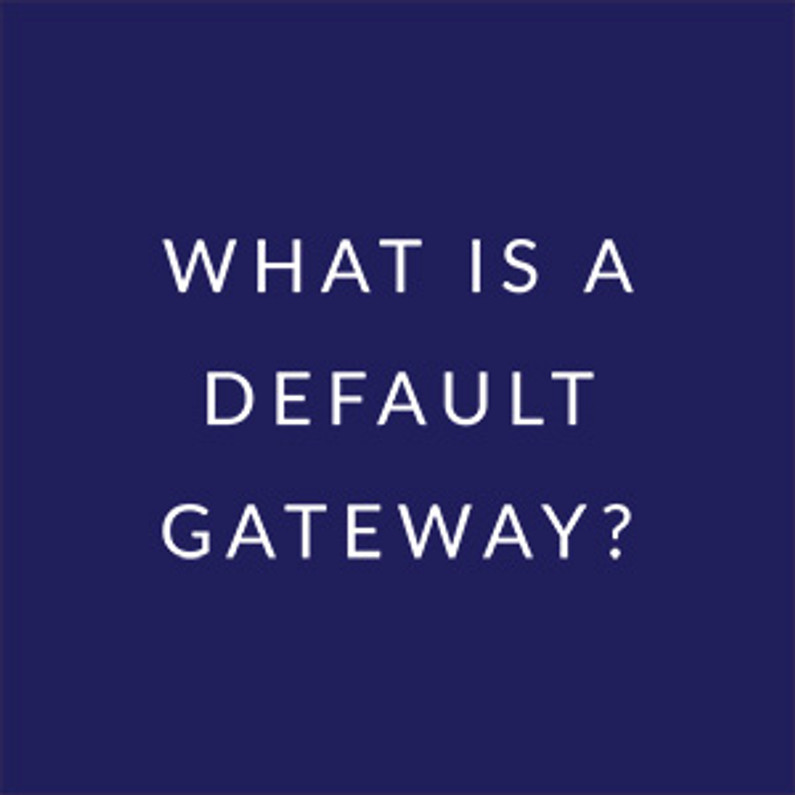The War on the Internet
The principal that all data transmitted online is equal was one of the founding philosophies of the internet as we know it today. This principle is commonly known as Net Neutrality.
This philosophy is what allowed small online businesses and content creators to thrive into some of the web based behemoths we are all well accustomed to today. Internet streaming services such as Netflix, for example, would have a tough time thriving in an environment that was stacked against them.
In January of this year Ajit Pai, former associate general counsel for US telecommunications company, Verizon, was appointed as FCC chairman.
Mr. Pai has long been an objector to many of the FCCs most consumer-friendly practises. Policies such as a lower rate cap for prison inmate calling, subsidies for cheaper internet access for low income individuals, broadband speed increases and much more. Ajit Pai also, perhaps unsurprisingly, is in stern opposition of Net Neutrality. Ajit Pai was quoted saying “[Net Neutrality’s] days are numbered”.
It is not staggering to hear, that as Ajit Pai moved into his new role of chairman at the FCC, he has pledged to gut Net Neutrality. He argued in a speech in April 2017, at a conservative think tank, that the reclassification of ISPs to a “Title I” utility would help stimulate growth and expansion of telecommunications infrastructure in the United States.
He also stated that he plans to revoke a policy called the “Internet Conduct Standard”. This policy was put into place to grant rights for the FCC to investigate companies that offered services that would not contribute to user’s data caps. Ajit Pai also stated he would be ending all current investigates under the Internet Conduct Standard.
In a United States governed by a businessman, it is not farfetched to see businesses take the front seat in regards to regulations. Net Neutrality was thought up as a concept in order to benefit the consumer.
Many countries where Net Neutrality is not a topic in hot debate suffer no infrastructure shortfalls and in recent years have in fact seen massive investment from governments and companies in order to improve infrastructure for customers. Places like South Korea, Sweden, Norway and many more have seen ISPs thrive under Net Neutrality rules and there is no reason that the US couldn’t do the same.
Internet service providers and the bodies that govern them in the US are often self-contradicting. Ajit Pai is the same man that two years prior opposed the increase in speed standards stating they weren’t needed; he is now wanting to strip Net Neutrality in order to spur infrastructure improvement.
Whilst Net Neutrality may be a US-centric problem, privacy is not. We all know of the draconian measures put in place in China, and now in the western world, we are seeing the same techniques being implemented. The UK is a recent example of this.
The current UK Prime Minister, Theresa May, had been trying to push through her Snooper’s Charter Act for four years, ever since she was the Home Secretary. At the time, it was beaten down by the Liberal Democrats but since her appointment last year she made a big effort to push it through and the Investigatory Powers Act 2016 came into law at the end of November.
The Investigatory Powers Act gives a list of organizations access to anyone’s private browsing history, all they have to do is request details from ISPs and the ISP is legally required to hand the private information over. No need for a warrant.
Whilst the idea is somewhat understandable, a quick way for law enforcement to gain information in regards to threats, many of the organizations that are legally allowed to request and access private browsing data have absolutely no need for it. For example, why would the Food Standards Agency ever need access to anyone’s private browsing history?
Often in the wake of terrorist attacks, like the ones on Westminster Bridge a couple of months ago and London Bridge last weekend, we see government officials use the aftermath as a way to push an agenda.
In regards to the Westminster Bridge incident, Amber Rudd the current Home Secretary, said end-to-end encryption must be accessible by authorities in order to quell these attacks. To this day, months on, there is no evidence he communicated through any encrypted messaging service, in fact, it is thought he worked alone.
Similarly, the day after the attack on London Bridge, Theresa May and Amber Rudd are using the atrocity in order to continue the push to gain access to end-to-end encryption services, such as WhatsApp. Theresa May said in her speech outside No. 10 Downing Street in the wake of the attack:
“We cannot allow this ideology the safe space it needs to breed. Yet that is precisely what the internet – and the big companies that provide internet-based services – provide” –Source Techcrunch
There is a big fight on the hands of everyday users coming up in the coming months. Governments around the globe are looking to monitor everything we do online and sail our consumer rights down the river. It is important to speak out and let less informed people know of the plans quietly being put in place by your respective government.
Author Bio
Mike MacKenzie is an Internet Security aficionado and writer at vpnsrus.com In this day and age, where net neutrality is under attack and Governments and corporations watch everything we do online, he believes it’s vital we all do everything we can to maintain our privacy online.
Recent Posts
-
What You Need to Know to Donate Safely Online
Cybersecurity has become an increasingly critical issue in the digital age. For instance, in 2016, m …Mar 10th 2022 -
What is a Default Gateway?
A default gateway is where all your internet traffic goes first before leaving your network. That’s …Jan 4th 2022 -
Essential Cybersecurity Tools Every Business Needs
IT infrastructures across organizations are now more complex than ever. Given the increasing number …Nov 29th 2021




